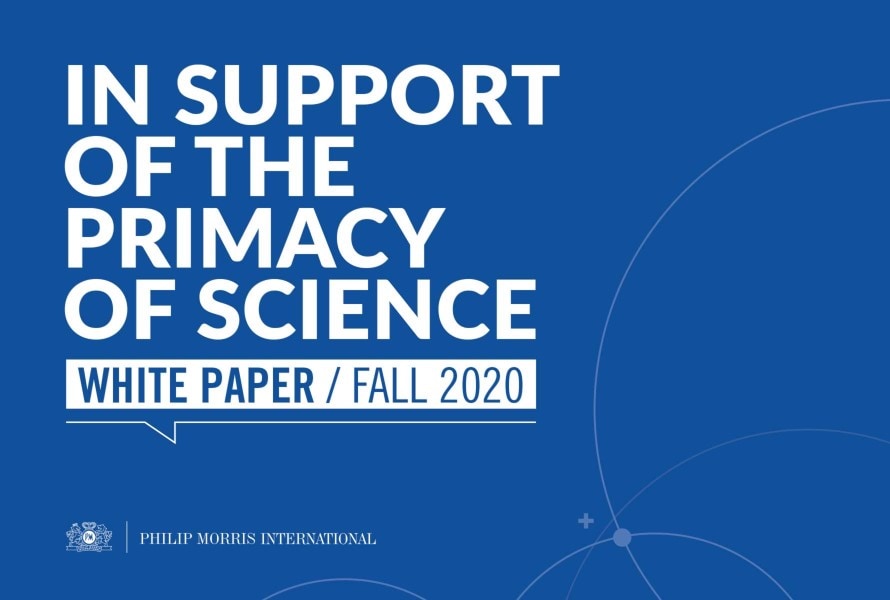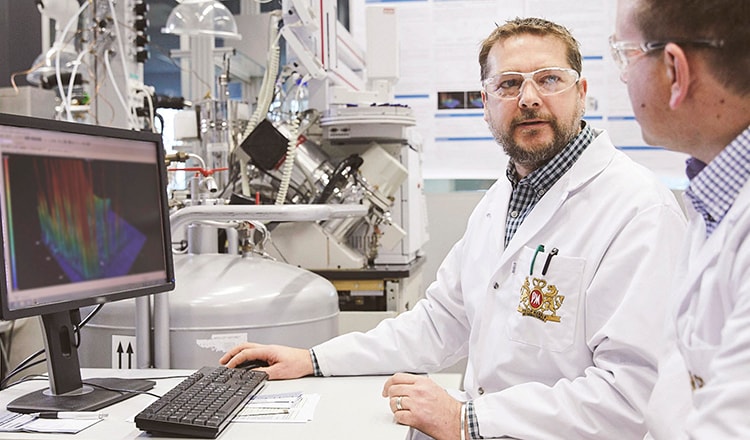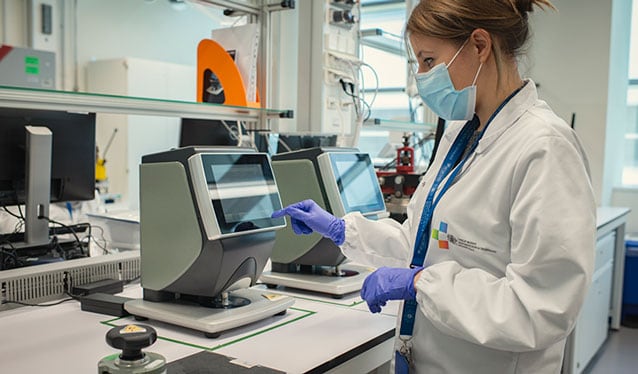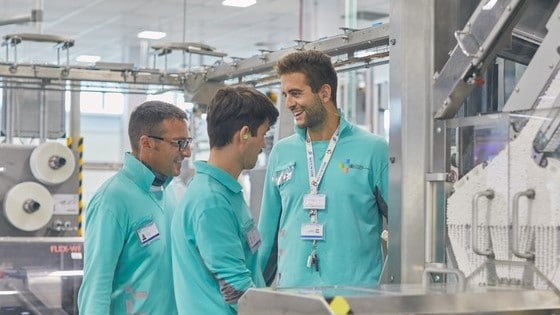The public wants governments to take the latest science into account when making policy decisions. That is one of several findings in our latest white paper, which is based on an international survey of 19,100 people carried out in 19 countries and territories over the summer of 2020.
-
77 percent hope that advances in science can deliver solutions to the world’s biggest problems.
-
79 percent are actively engaged with new scientific content, and typically seek out more in-depth information when they hear about developments.
-
84 percent want governments to take the latest science into account when drawing up policies.
Our intention is that our white paper, “In Support of the Primacy of Science,” will spark a broader conversation about the role of science, the importance of science-based decisions, and opportunities for progress.
The need for science-based policymaking
The white paper details the findings of an international survey conducted by independent research firm Povaddo for PMI, which highlights the public’s desire for companies to develop solutions based on science, and its expectation that these companies should only be allowed to make claims which are substantiated by science.
Nine out of 10 of those questioned agreed it’s important for businesses to make continual investments in science to improve their products, while 83 percent felt businesses have an important role to play in providing unbiased, accurate information about their products. Critically, 77 percent felt that businesses should only be allowed to make claims which are substantiated by science.
Yet, while 84 percent also supported governments taking the latest science into account when making policy decisions, only 51 percent thought governments were currently making a good job of it.
The importance of science in personal decision-making
A substantial majority in the survey indicated that science was important in influencing their personal decisions, such as when to return to a normal working life (78 percent), when to take public transport (68 percent), and when to attend large events (59 percent).
When asked for their response when confronted with a new scientific development or study, 79 percent said they either “seek out more in-depth information about it” or “watch out for other reports.”
The white paper also discusses the survey’s finding that most of the public are confident that they understand science. When asked whether they could understand scientific information, only 5 percent said they could not understand it, while 36 percent said they could understand summaries, 42 percent said they could understand well enough to explain it broadly to another person, and 13 percent said they could understand it well enough to explain it in detail to another person.
The struggle with accessing science
In a welcome sign of the preeminence of scientific knowledge over gut feeling and ideologies, 77 percent said they were hopeful that advances in science and scientific developments could deliver solutions to society’s biggest problems.
However, the survey revealed that the public’s desire for more scientifically-based information was not matched by their ease in finding it. Almost half (48 percent) said they found it difficult to access reliable information about the latest scientific developments.
Reinforcing public trust in science
The white paper highlights how highly people value science, particularly at a time when “bad science” is threatening to limit progress. For example, anti-science ideologies have re-emerged in recent months, with an August 2020 Gallup poll1 showing that one in three Americans would not get a COVID-19 vaccine if it was available.
The primacy of science has clearly never been more important than it is today.
For PMI, science is at the core of our transformation to deliver a smoke-free future. To date, we’ve invested USD 7.2 billion on R&D to develop science-backed smoke-free alternatives to continued smoking, underpinned by a rigorous scientific assessment program and led by more than 430 world-class scientists and engineers.

While we will not all become scientists, we can certainly learn to think like them.
Robust science underpins everything we do. We make our scientific findings available for others to scrutinize, we invite independent research on our products. Alongside our science, we encourage a broad, science-based conversation with regulators, scientists, and the public health community about the best way to make these products available to adult smokers who would otherwise continue to smoke, while minimizing unintended use, such as by non-smokers and youth.
The modern world is underpinned—and made possible—by science. For the public, understanding scientific developments can sometimes be challenging. But, to quote our COO Jacek Olczak, “While we will not all become scientists, we can certainly learn to think like them.” *








